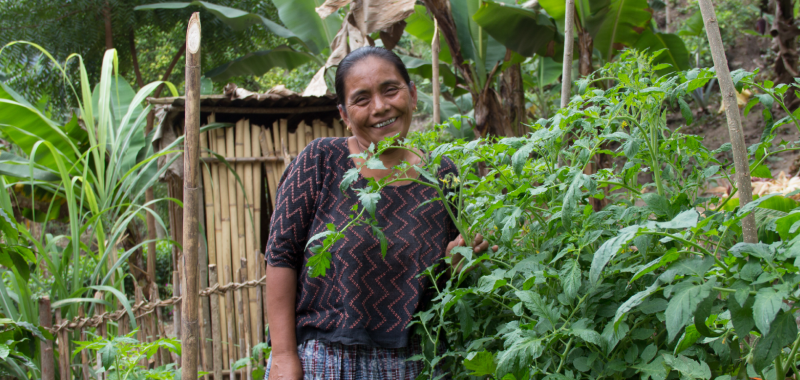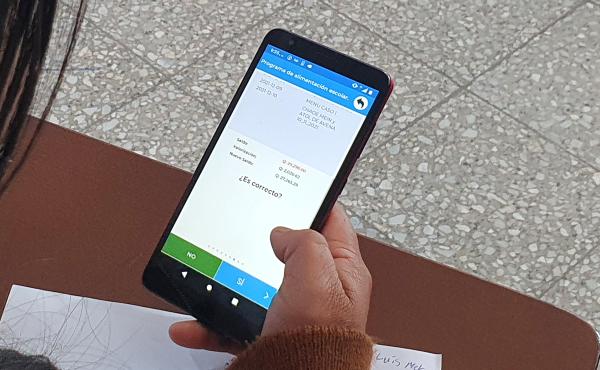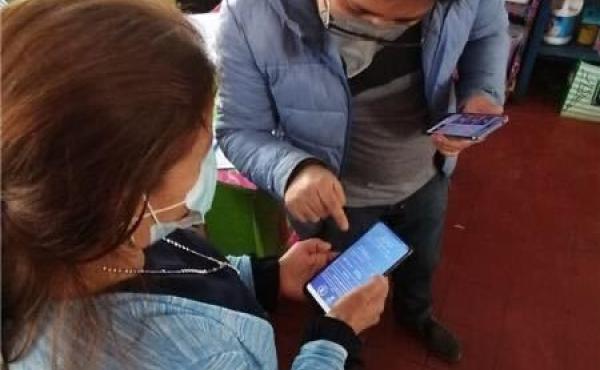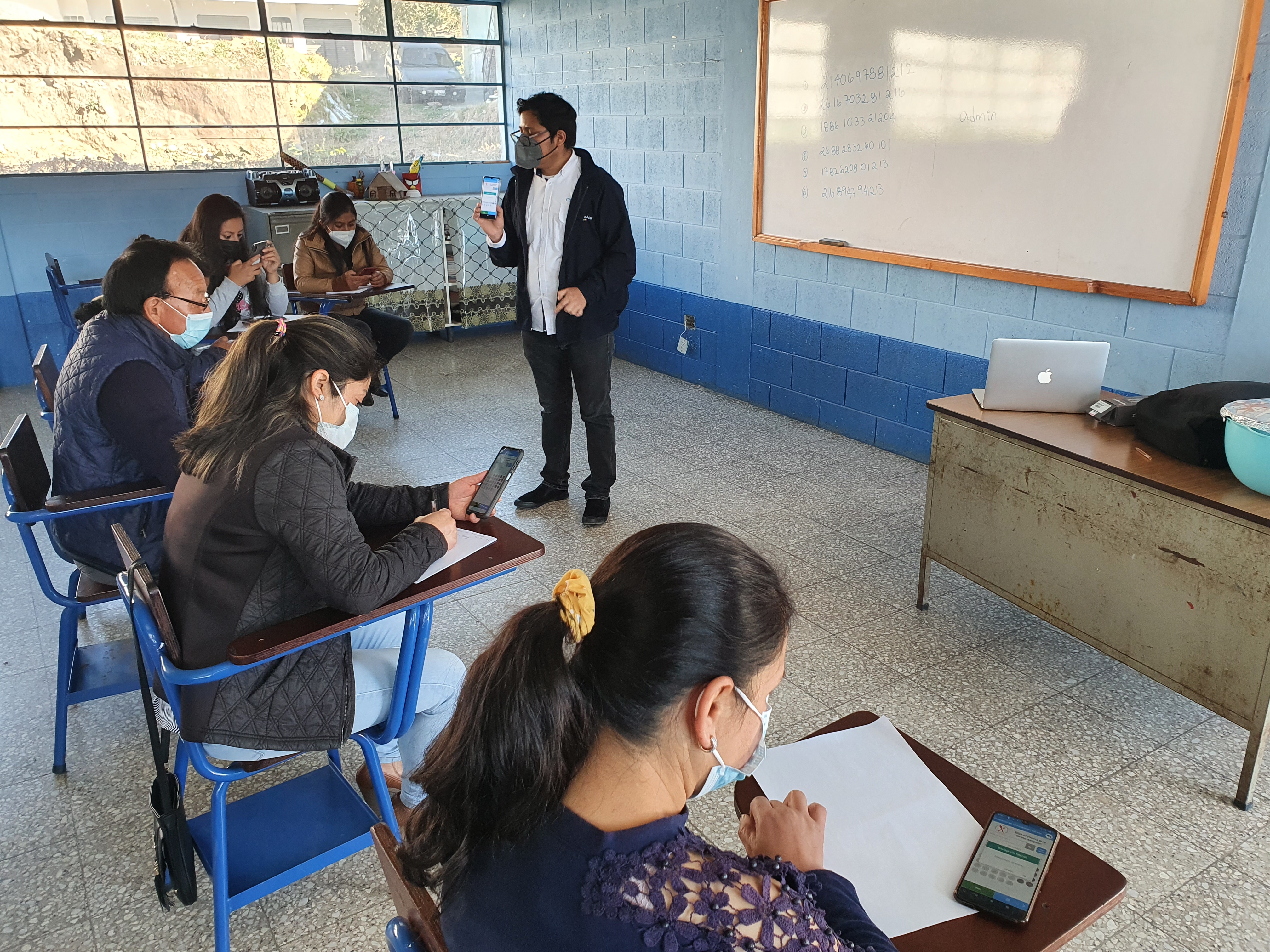In Guatemala, there are established food suppliers or monopolies that provide food to home grown school feeding programmes. Meanwhile, according to national law, Guatemalan schools must source at least half of their food supplies from smallholder farmers in their region.
Local smallholder farmers are at a disadvantage if they are unaware of or unable to access school feeding programmes to supply their produce. This is a missed opportunity for smallholder farmers who could otherwise have connected to these markets and improved their incomes and livelihoods.
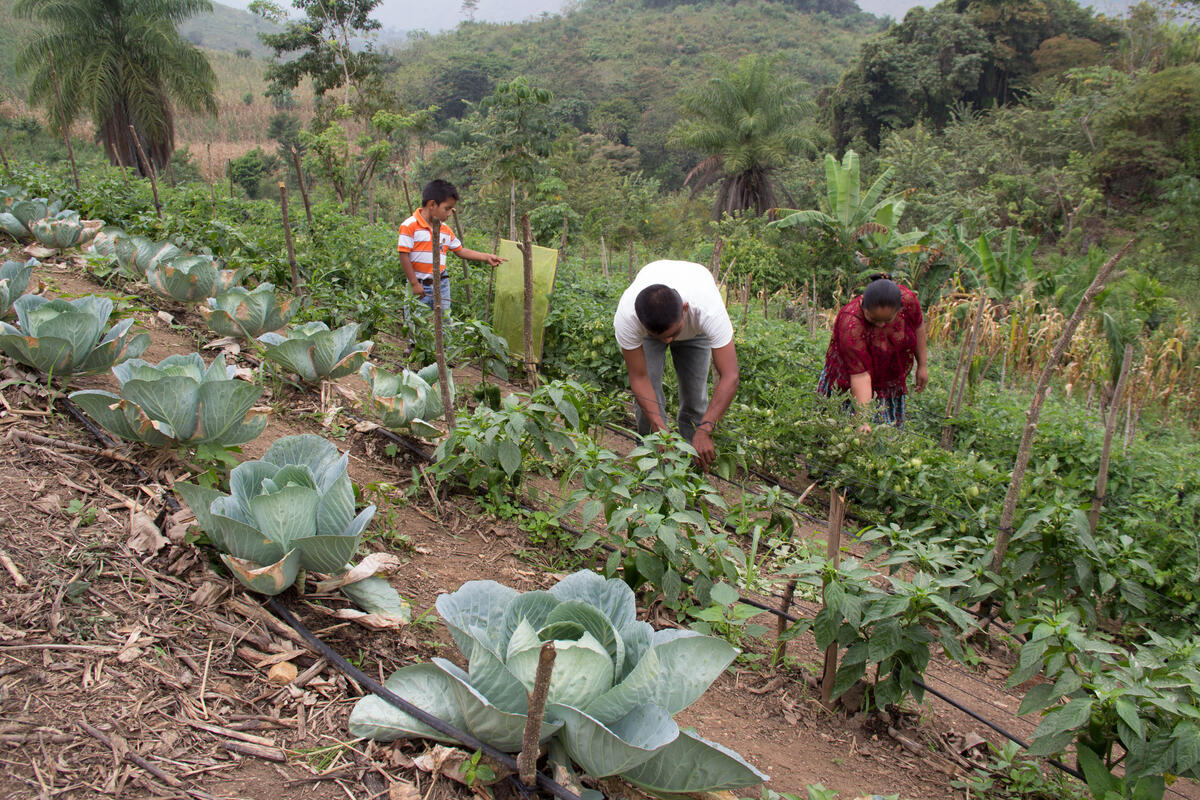
Farmers at a vegetable farm in Alta Verapaz, Guatemala. Photo: WFP/Miguel Vargas.



